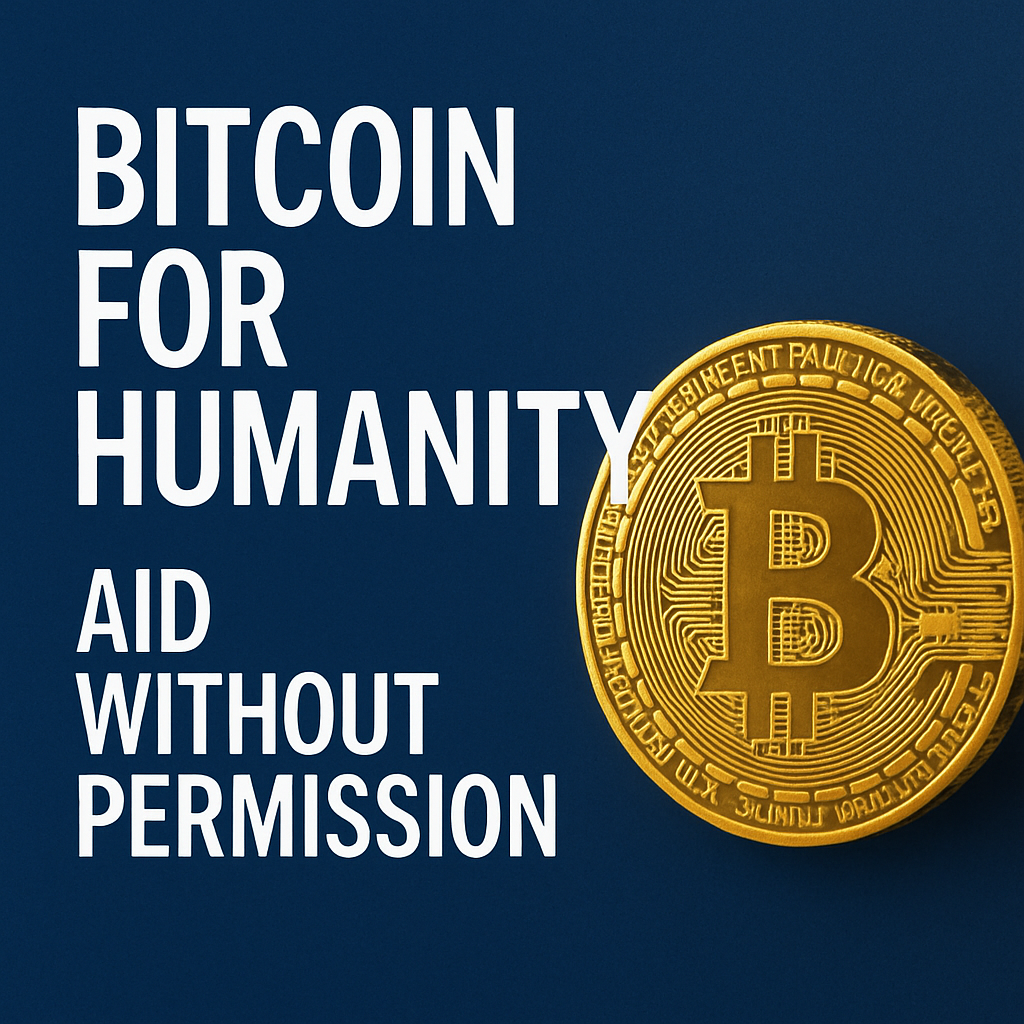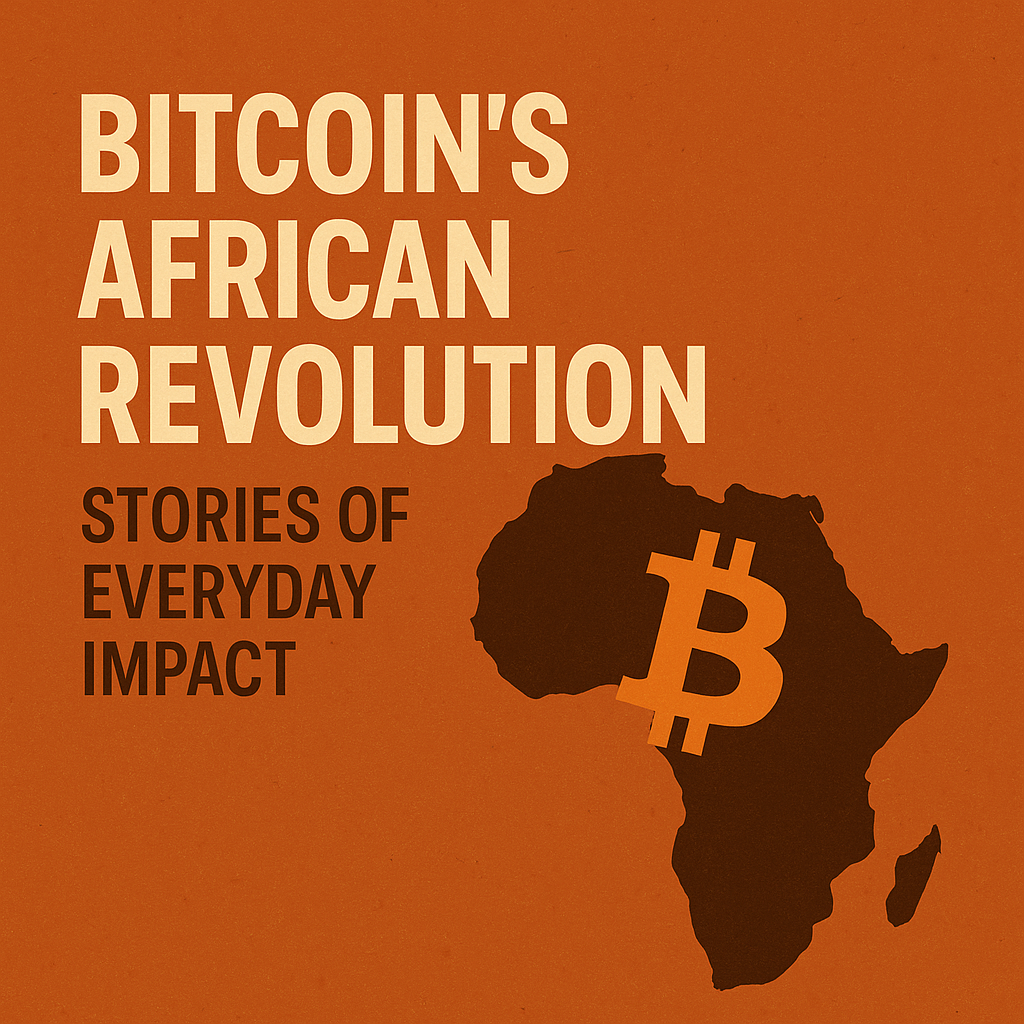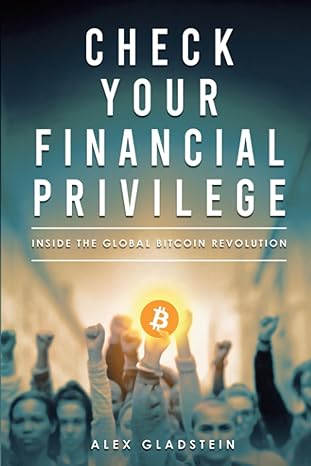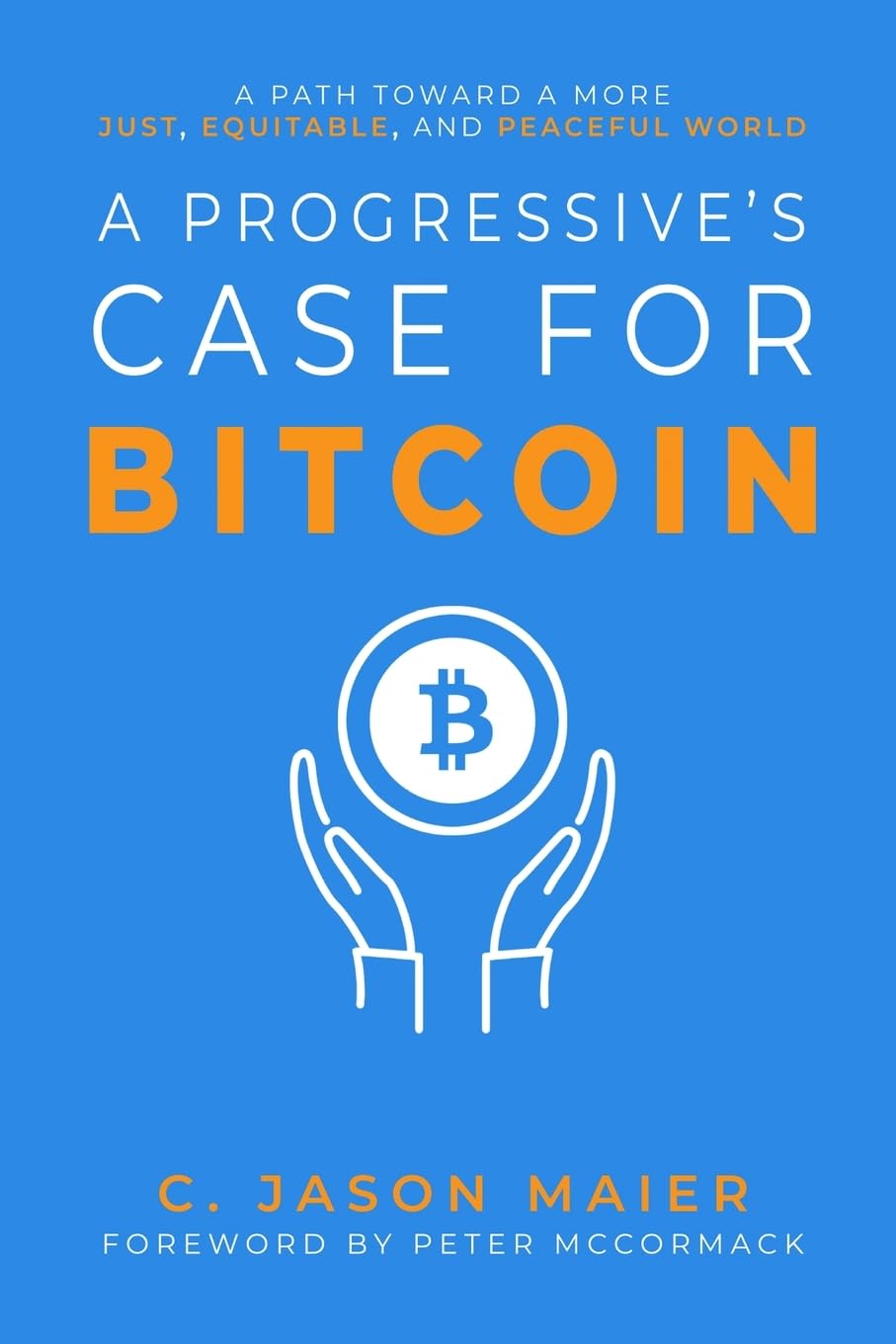HUMAN RIGHTS CASE
BITCOIN
BITCOIN IN
HUMAN RIGHTS
This page offers a collection of resources exploring how Bitcoin empowers individuals in oppressive regimes, protects against financial censorship, and supports the fight for human rights globally.

“Bitcoin gives people a way to opt out of financial oppression and censorship.”
- Alex Gladstein

“Bitcoin gives people a way to opt out of financial oppression and censorship.”
- Alex Gladstein
Featured

The Fiat Feedback Loop: How Easy Money Fuels Its Own Collapse
How We Reached Permanent Stimulus
There was a time when stimulus was a tool, used sparingly to smooth out short-term recessions. Today, stimulus has become a way of life. Every downturn is met with a bailout. Every market wobble brings rate cuts and liquidity injections. What used to be an emergency measure has become the permanent operating mode of the global economy.
After 1971, when the dollar detached from gold, money creation became political. Without a hard limit, each round of easing planted the seed for the next crisis. The rate cuts of the 1980s rescued overleveraged banks. The liquidity waves of the 1990s rescued the bond market. The 2008 crash triggered quantitative easing, and the 2020 pandemic unleashed direct monetary injections into consumers’ hands.
Each “solution” required more debt and cheaper credit than the one before. The economy learned to expect rescue. Markets stopped pricing risk because policymakers made it clear that deflation and default would never be tolerated. The result is a self-reinforcing system where every attempt to remove fragility only makes the foundation weaker.
The Myth of “Soft Landings”
Policymakers love to promise soft landings, times when inflation will fall and growth will stabilize without a recession. But history shows that every so-called soft landing requires a crash first.
The term “soft landing” implies control, as if central bankers can steer a multi-trillion-dollar economy with surgical precision. In truth, it’s like trying to balance a skyscraper on a matchstick. Interest rates are lowered to boost growth, but cheap credit inflates bubbles that eventually pop. When they do, central banks respond with even easier money to limit the damage, starting the cycle again.
The Federal Reserve’s own data proves the trend. Debt-to-GDP ratios climb relentlessly after each “rescue.” Private and public debt in the United States now exceed 350 percent of GDP. Japan’s ratio sits above 250 percent, and Europe’s is not far behind. Global debt surpassed 315 trillion dollars in 2024, the highest level ever recorded.
The lesson is simple. The system can never land softly because it is never allowed to reset. Every intervention creates the next imbalance.
Inflation as a Political Tool
Inflation is often treated as a policy mistake or a natural economic fluctuation. In truth, it is a deliberate feature of the fiat system. It allows governments to fund themselves quietly, without explicit taxation.
When debt grows faster than real productivity, inflation becomes the pressure valve. It erodes the value of savings and reduces the real burden of debt. Politicians rely on it because it buys time, hides insolvency, and keeps the illusion of prosperity alive.
The social cost, however, is devastating. Inflation punishes savers and wage earners while rewarding debtors and asset holders. The wealthy hold appreciating assets, while the middle class holds depreciating currency. Over time, this dynamic concentrates wealth, weakens trust in institutions, and fuels resentment across society.
Inflation is not a bug in the fiat code. It is the code.
Why Bitcoin Breaks the Loop
Bitcoin does not play this game. Its rules are fixed. Its supply is capped. Its monetary policy is transparent and predictable, enforced by software, not committees. There are no bailouts, no rate cuts, and no hidden stimulus.
By removing discretion, Bitcoin breaks the feedback loop of artificial “stability” that always ends in instability. It replaces monetary manipulation with mathematical finality.
Every fiat rescue transfers losses from the reckless to the responsible. Bitcoin reverses that logic. It rewards discipline, saving, and proof of work. It restores accountability to money itself.
In a world where every “solution” makes the problem worse, Bitcoin is not another fix. It is the exit.
Fix the money, fix the world.
Shout out to BullishBTC.com — your home for Bitcoin-only education, mentorship, and sovereignty.
Introducing Soluna’s Project Dorothy: A Wind-Powered Data Center in Texas
Bitcoin's Energy Consumption and its Environmental Impact
Bitcoin Mining: Separating Fact from Fiction
How Bitcoin Can Expand the Grid in Africa with Erik Hersman
Turning Garbage into Bitcoin with Adam Wright
Builders + Innovators Summit 2021: Crusoe Energy
How Bitcoin Can Expand the Grid in Africa with Erik Hersman
Turning Garbage into Bitcoin with Adam Wright
OUR GOAL
Our goal is to educate others on the value of owning Bitcoin from both a financial and humanitarian perspective.
QUICK LINKS
© 2025, BullishBTC. All rights reserved.







